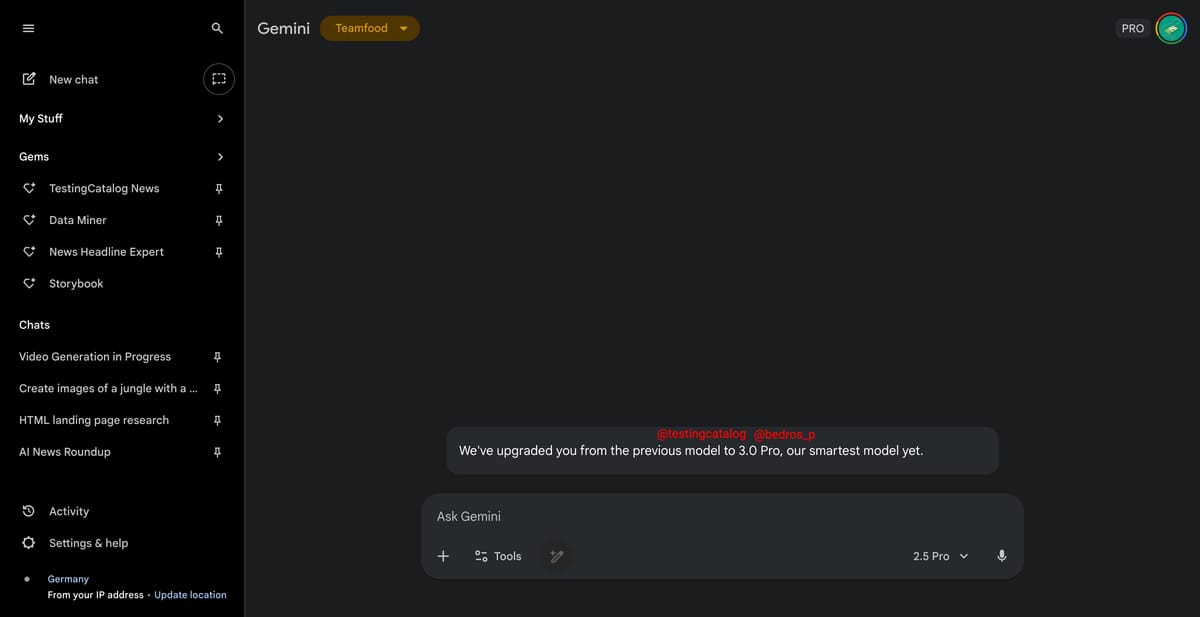Judging from appearances, namely a recent real-life image from a certification and the previously leaked specs for the Galaxy S25 FE, one could conclude that Samsung has merely changed the model year and nothing else. Of course, the expected Exynos 2400 won’t perform any better at the end of 2025 than it has in the past two years, so Samsung will have to face this criticism if the leakers are right.
But the cheaper Galaxy S25 Fan Edition may inherit some of the Pro features of the more expensive Galaxy S25 flagships, as Techmaniacs from Greece claims to have discovered. They haven’t always been the most reliable source in the past, so caution is definitely advised. If the leakers are right, however, buyers of the Galaxy S25 FE can expect a 200 mAh larger 4,900 mAh battery that can also be charged at 45 watts.
This is despite the fact that the thickness has shrunk from 8 millimetres to 7.4 mm and the weight from 213 grams to 190 grams, which may be partly due to the ‘Armor Aluminum’ chassis upgrade. The 6.7-inch AMOLED with its thinner display edges has apparently also been given a useful upgrade, namely an LTPO backplane that allows dynamic operation from 1 Hz to 120 Hz, thus saving energy, while the resolution is said to remain at Full HD+ and the Gorilla Glass at Victus+ level. Last but not least, the selfie camera is expected to be upgraded to a 12-MP sensor, potentially with autofocus like on the Galaxy S25.
As a young tech enthusiast with a history involving assembling and overclocking projects, I ended up working as a projectionist with good old 35-mm films before I entered the computer world at a professional level. I assisted customers at an Austrian IT service provider called Iphos IT Solutions for seven years, working as a Windows client and server administrator as well as a project manager. As a freelancer who travels a lot, I have been able to write for Notebookcheck from all corners of the world since 2016. My articles cover brand-new mobile technologies in smartphones, laptops, and gadgets of all kinds.
Growing up in regional Australia, I first became acquainted with computers in my early teens after a broken leg from a football (soccer) match temporarily condemned me to a predominately indoor lifestyle. Soon afterwards I was building my own systems. Now I live in Germany, having moved here in 2014, where I study philosophy and anthropology. I am particularly fascinated by how computer technology has fundamentally and dramatically reshaped human culture, and how it continues to do so.
Source link




